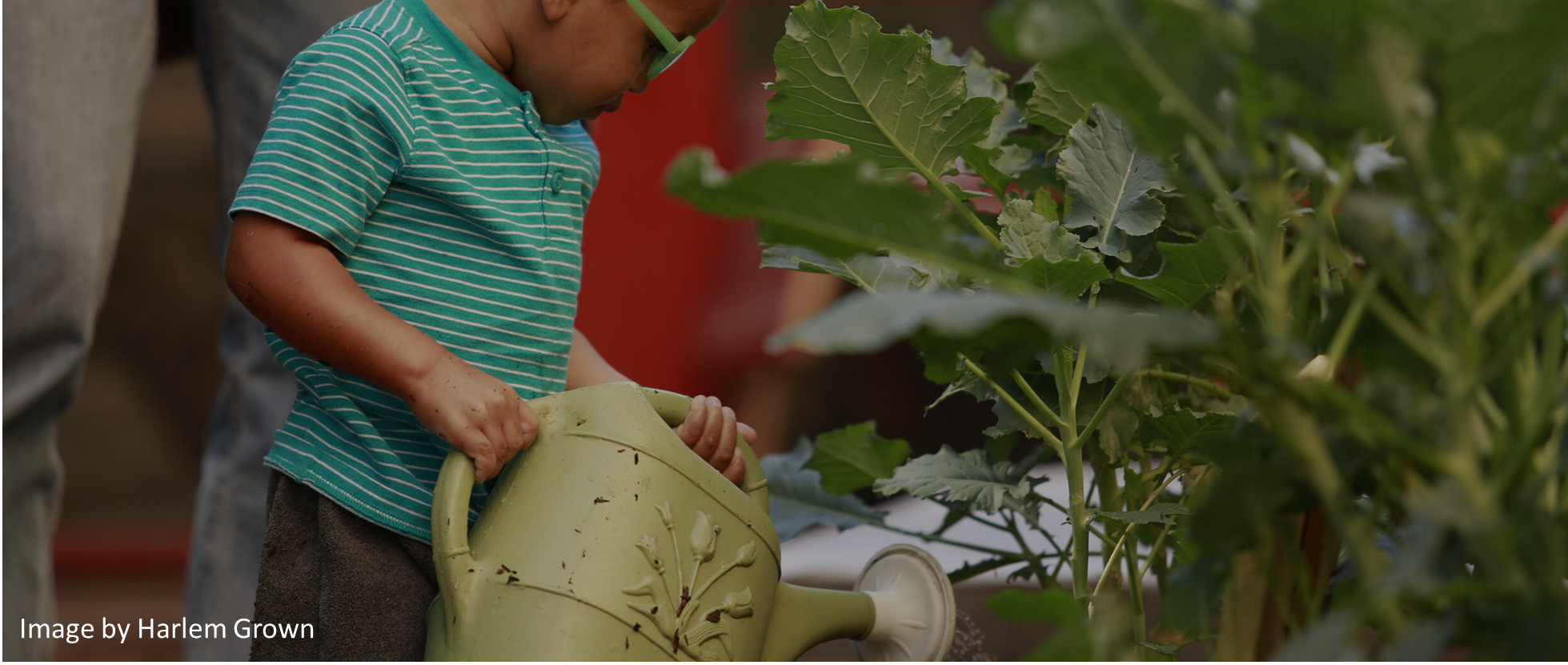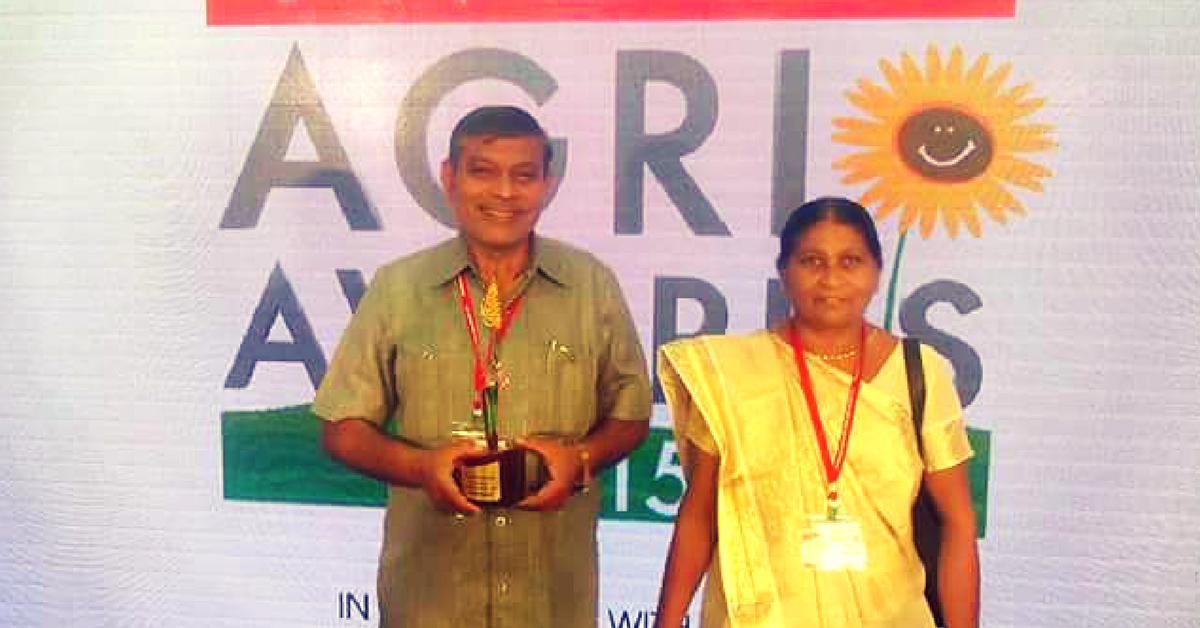Harlem Grown is an organisation based out of Harlem, New York that works towards youth development and food justice through mentorships, hands-on education and urban farming (for nutrition and sustainability).
Tony Hillery, the man behind Harlem Grown started this work in 2011, with a desire to encourage members of the Harlem community to live healthier, greater lives.
Food justice, as explained, is more than simply distributing food. They seek to positively impact the entire community and create sustainable change.
The urban farming movement that is Harlem Grown, was influenced by multiple factors. Other than Hillery’s interest in children’s well-being and growth, came the awareness of the growing crisis of food insecurity; the apparent lack of quality of schooling in underprivileged/deprived communities and institutional disparities among social and racial communities.
When the initiative was started the children in the community didn’t recognize, much less eat many vegetables. At present, the community’s local garden itself, is home to melons, eggplants, tomatoes, leafy vegetables and much more. What’s more, the children are now quite likely to pick the veggies off of the vines to eat.
“It’s a simple formula here that if a child plants it, they will eat it. Eighty percent of the time that they eat it, they’ll like it,” said Hillery in an interview with Good Morning America.
The onset of the COVID19 pandemic heightened their sense of purpose, bringing about a revelation for the organization. Apart from Food Justice, the community has gained a more driven intent than before. There is now a need to empower the communities, with understanding through deeper racial and social justice lens.
Accomplishments for Harlem Grown stakeholders include:
- Community members (especially children) learning about nutrition and nature
- Learning to be responsible in caring for themselves and the environment
- Actively and positively engaging people of all ages within communities
- Repurposing vacant/ abandoned plots for urban farming
- Understanding the importance of taking ownership
- Diverting food waste from landfill to composting
- Creating relations with schools in other areas
- Eating healthier
(Also read: Harlem Grown: Sowing the Seeds of Hope in Young Children)





